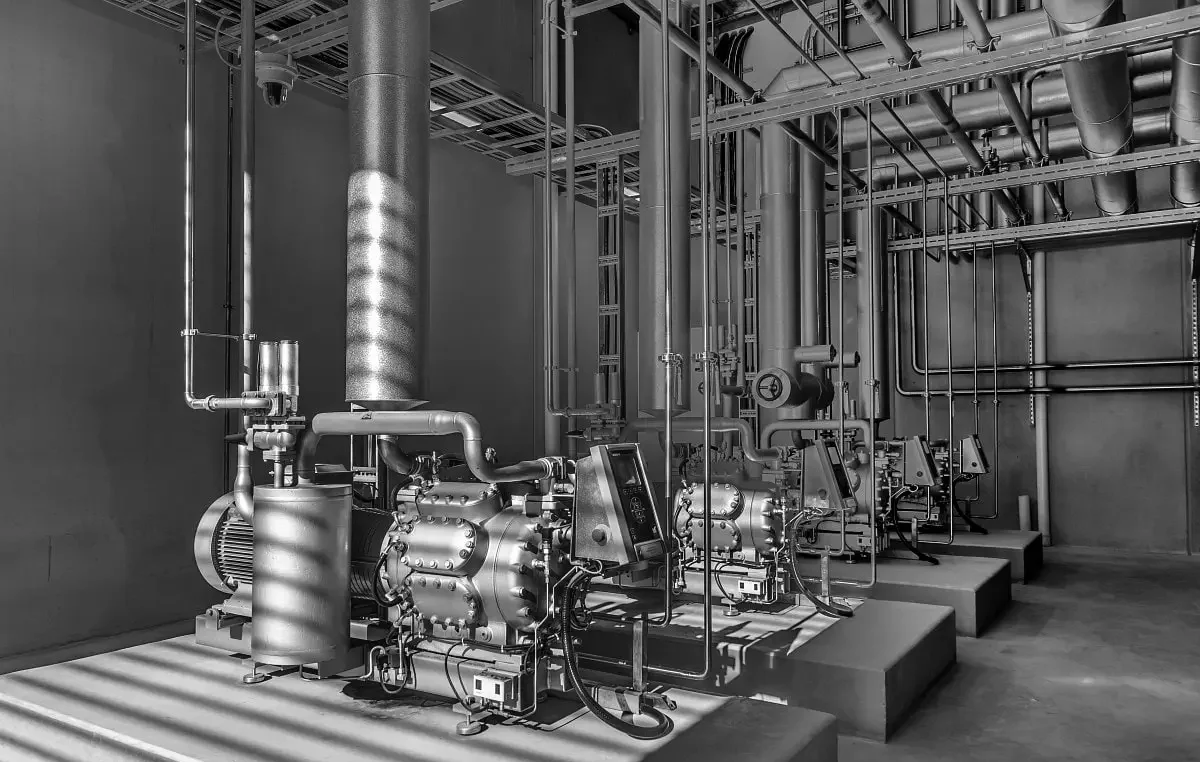Don’t be green with envy… just be greener
Renewables Finance with Pinks Asset Finance
Renewables assets such as biomass boilers, solar panels, and other forms of renewable energy systems have gained popularity. This is due to their environmental benefits and potential cost savings.
In this simplified piece, we will explore the financial aspects of two specific renewable assets:
Biomass boilers and solar panels, with certain budget limitations.
Biomass Boilers (up to £150,000)
Biomass boilers are an eco-friendly heating system that uses organic materials, such as wood pellets or agricultural waste, to generate heat.
These boilers offer a renewable alternative to traditional fossil fuel-based heating systems.
For individuals or businesses looking to invest in biomass boilers, there is an opportunity to receive financial support.
Under this scheme, individuals or businesses can receive funding for biomass boilers with a budget of up to £150,000.
This funding helps cover the cost of purchasing and installing the biomass boiler system.
The exact amount of funding available will depend on various factors, including the size and efficiency of the boiler system.
Solar Panels (up to £100,000)
Solar panels are another renewable asset that has gained popularity for generating clean electricity from sunlight.
These panels convert sunlight into usable energy, which can offset traditional grid electricity consumption and reduce utility bills.
For those interested in installing solar panels, there is an opportunity to receive financial support.
The funding available for solar panels is capped at £100,000. This budget includes the cost of purchasing and installing the solar panel system.
The actual funding amount may vary depending on the size and capacity of the solar panel system.

Renewables Finance above £500,000
There are larger renewable projects that exceed the budget limitations mentioned above.
Such as wind farms or large-scale solar installations, it is necessary to directly engage with a finance house.
The financing options for such projects depend on various factors and need to be discussed on a case-by-case basis.
Strong credits and freehold land ownership
To qualify for funding in these renewable asset investments, the applicants must have a strong credit profile.
This means that individuals or businesses with a reliable financial history and good credit score are more likely to secure funding for their projects.
Additionally, it is preferred that the land where the renewable assets will be installed is owned freehold by the client.
Clear business case and savings
To obtain funding for renewable asset projects, it is important to demonstrate a clear business case and potential cost savings.
This means presenting a well-researched plan that outlines the financial benefits and return on investment from the renewable asset installation.
Financial institutions will consider factors such as energy cost savings, carbon emission reductions, and payback periods when assessing the viability of the project.
In summary, renewable assets like biomass boilers and solar panels offer opportunities to reduce carbon footprints and potentially save costs in the long run.
Funding options are available for biomass boilers up to £150,000 and solar panels up to £100,000.
For larger renewable projects or budgets exceeding these limits, direct engagement with a finance house is required.
Strong credit profiles, clear business cases, and freehold land ownership can enhance the chances of securing funding for these projects.